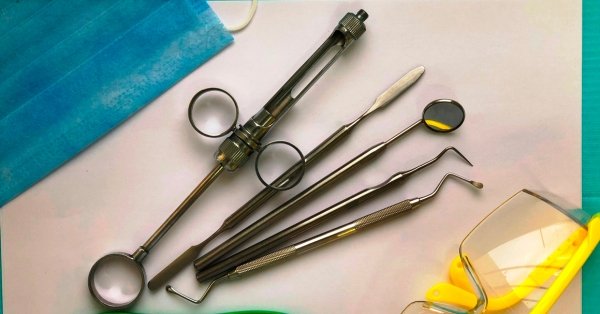In today’s competitive dental landscape, keeping costs under control while maintaining the highest quality of care is crucial. A significant portion of a dental practice’s overhead comes from dental supplies. Here’s where smart sourcing strategies come into play. By implementing these strategies, you can optimize your spending on dental supplies without compromising patient care.
Identifying Your Needs
The first step in smart sourcing is a thorough understanding of your practice’s needs. Conduct an inventory audit to assess your current supply usage. Categorize supplies by frequency of use, brand preference (if any), and cost. Identify areas where you might be overspending or understocking.
Here are some key questions to ask yourself:
- Which supplies are used daily, weekly, or monthly?
- Are there specific brands your team prefers for certain procedures?
- Can you standardize on specific products to streamline ordering and potentially reduce costs?
- Have you considered eco-friendly or bulk purchasing options for frequently used supplies?
By answering these questions, you gain valuable insights into your supply consumption patterns. This data forms the foundation for making informed sourcing decisions.
Researching Suppliers
With a clear understanding of your needs, it’s time to explore the supplier landscape. Don’t limit yourself to the familiar vendors. Research online marketplaces dedicated to dental supplies. Wholesalers like Wholedent – Dental Supplies can offer competitive pricing on a wide range of products.
Here are some additional tips for researching suppliers:
- Read online reviews: Check independent review sites and dental forums to get insights from other practitioners about their experiences with different suppliers.
- Request quotes: Contact several potential suppliers and request quotes for your most commonly used items. This allows you to compare prices and identify potential cost savings.
- Consider service offerings: Go beyond just price. Look for suppliers who offer reliable delivery times, excellent customer service, and a user-friendly online ordering platform.
By casting a wider net in your research, you increase your chances of finding the best possible deals on high-quality dental supplies.
Comparing Prices and Quality:
Once you have quotes from various suppliers, the next step is a meticulous comparison process. Don’t simply go with the cheapest option. Here are some factors to consider:
- Unit Cost vs. Total Cost: Sometimes, a lower unit cost might be misleading. Consider factors like minimum order quantities and shipping costs to determine the total cost per unit.
- Product Quality: Price should never be the sole determining factor. Ensure the supplier offers products that meet industry standards and are compatible with your existing equipment.
- Brand Reputation: Look for established brands with a reputation for quality and consistency.
Creating a comparison chart with key criteria like unit cost, minimum order quantity, shipping costs, brand reputation, and any additional services offered can help you make an informed decision.
Negotiating Contracts
When you’ve settled on a preferred supplier, negotiation time has arrived! Don’t be shy – especially if you plan on placing large, regular orders. Here’s how to leverage your buying power: explain your projected business volume and use it to bargain for better pricing and terms. Looking for a long-term partnership?
You can offer a longer contract commitment in exchange for a lower price. Additionally, if you consistently buy multiple items, negotiate a bundled price for the entire package. Remember, negotiation is a give-and-take process. Be prepared to make some compromises, but always focus on securing a fair and competitive price for high-quality supplies.
Managing Inventory
Smart sourcing isn’t just about the initial purchase. Effective inventory management practices are crucial to reduce waste and unnecessary spending. Here’s how to get started: implement a Minimum-Maximum (Min-Max) system. This involves setting minimum and maximum inventory levels for critical supplies, ensuring you have enough on hand without overstocking. Regular inventory checks are also important.
By monitoring usage rates, you can adjust your ordering schedule and avoid running out of essential supplies. Technology can be a game-changer here. Consider using inventory management software to automate reordering, track usage trends, and prevent stockouts altogether. With effective inventory management, you’ll maintain a steady flow of supplies while minimizing those pesky holding costs.
Building Relationships with Suppliers
Developing strong relationships with your suppliers can yield significant long-term benefits. Reliable suppliers become valuable partners in your practice’s success. By maintaining open lines of communication, you can negotiate better deals and potentially secure discounts or exclusive offers. Additionally, building relationships with multiple suppliers can ensure a backup plan in case one supplier experiences delays or stockouts.
Regular communication with your suppliers also allows you to stay updated on any new products or promotions, keeping you ahead of the curve in terms of supply options and cost-saving opportunities.












